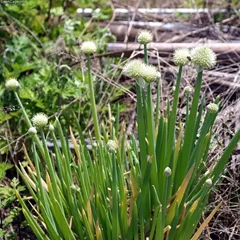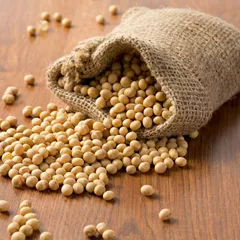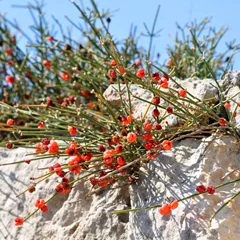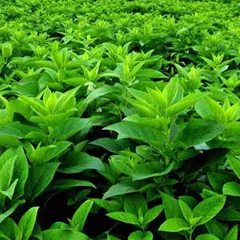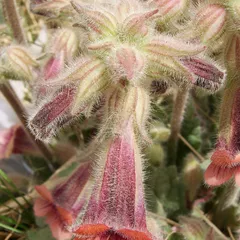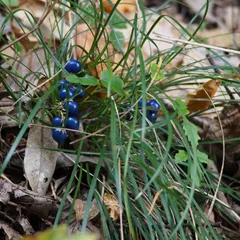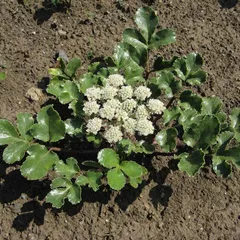Cong Bai Qi Wei Yin
Cong Bai Qi Wei Yin
Chinese: 葱白七味饮
Pinyin: Cōng Bái Qī Wèi Yǐn
Other names: Scallion Drink with Seven Ingredients
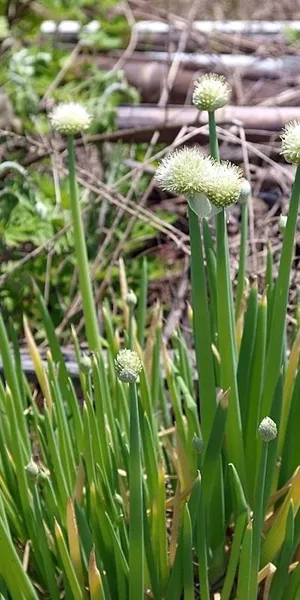
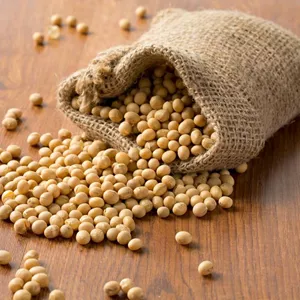
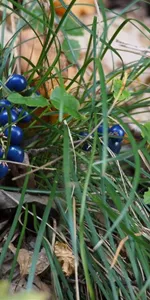
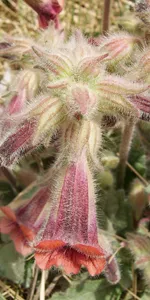
Cong Bai Qi Wei Yin
Cong Bai Qi Wei Yin
Chinese: 葱白七味饮
Pinyin: Cōng Bái Qī Wèi Yǐn
Other names: Scallion Drink with Seven Ingredients
Number of ingredients: 6 herbs
Formula category: Formulas that clear Exterior disorders with Interior deficiency
Conditions for which it may be prescribed: Common coldPostpartum common coldPerimenstrual common cold
- Nourishes the Blood
- Release the Exterior
Contraindications: Only the slightest amount of sweating is desirable. Pronounced sweating will... Only the slightest amount of sweating is desirable. Pronounced sweating will aggravate the condition. For this reason, the source texts advises to administer the decoction very slowly and only after it has been determined that the patient is definitely not sweating. see more
Source date: 752 AD
Source book: Arcane Essentials from the Imperial Library
The information provided here is not a replacement for a doctor. You shouldn't use it for the purpose of self-diagnosing or self-medicating but rather so you can have a more informed discussion with a professional TCM practitioner.
Cong Bai Qi Wei Yin is a 6-ingredient Chinese Medicine formula with Scallions (Cong Bai) and Fermented Soybeans (Dan Dou Chi) as principal ingredients.
Invented in 752 AD, it belongs to the category of formulas that clear Exterior disorders with Interior deficiency. Its main actions are: 1) nourishes the Blood and 2) release the Exterior .
In Chinese Medicine health conditions are thought to arise due to "disharmonies" in the body as a system. These disharmonies are called "patterns" and the very purpose of herbal formulas is to fight them in order to restore the body's harmony.
In this case Cong Bai Qi Wei Yin is used by TCM practitioners to fight patterns like Wind-Cold invading with Blood and Yin Deficiency. From a Western Medicine standpoint, such patterns can give rise to a range of conditions such as common cold, postpartum common cold or perimenstrual common cold for instance.
On this page, after a detailed description of each of the six ingredients in Cong Bai Qi Wei Yin, we review the patterns and conditions that Cong Bai Qi Wei Yin helps treat.
The six ingredients in Cong Bai Qi Wei Yin
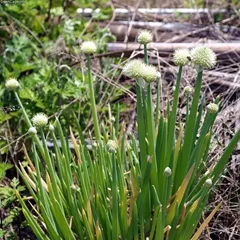
Cong Bai is a king ingredient in Cong Bai Qi Wei Yin. Like the name indicates, it means it has more power than other ingredients in the formula.
1. Scallions (Cong Bai)
In general Cong Bai's main actions are as follows: "Relieves the Exterior and disperses Wind-Cold through sweating. Vitalizes the Yang Qi and disperses Cold. Removes toxicity of swellings."
In the context of Cong Bai Qi Wei Yin, it is used because it induces sweating and releases from the Exterior.
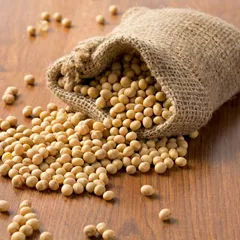
Dan Dou Chi is a king ingredient in Cong Bai Qi Wei Yin. Like the name indicates, it means it has more power than other ingredients in the formula.
2. Fermented Soybeans (Dan Dou Chi)
Part used: Fermented preparation obtain from the ripe bean
Nature: Cool
In general Dan Dou Chi's main actions are as follows: "Relieves the Exterior and scatters Wind, Cold and Heat, especially when there is Yin Deficiency. Relieves stuffy sensation in the chest and irritability."
In the context of Cong Bai Qi Wei Yin, it is used because it induces sweating and releases from the Exterior.
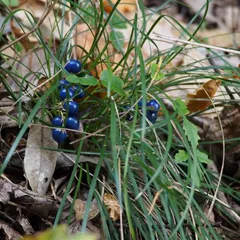
Mai Dong is a deputy ingredient in Cong Bai Qi Wei Yin. This means it helps the king ingredient(s) treat the main pattern or it serves to treat a coexisting pattern.
3. Dwarf Lilyturf Roots (Mai Dong)
Part used: Dried root tuber
Nature: Cool
Meridian affinity: HeartLungStomach
Category: Tonic herbs for Yin Deficiency
In general Mai Dong's main actions are as follows: "Replenishes Yin Essence and promotes secretions. Lubricates and nourishes the Stomach. Soothes the Lung. Nourishes the Heart."
In the context of Cong Bai Qi Wei Yin, it is used because it nourishes the Blood and Yin, so as to supply Body Fluids, which is the source of sweating.

Di Huang is a deputy ingredient in Cong Bai Qi Wei Yin. This means it helps the king ingredient(s) treat the main pattern or it serves to treat a coexisting pattern.
4. Unprepared Rehmannia (Di Huang)
Part used: Prepared dried root tuber
Nature: Cold
Taste(s): Sweet
Meridian affinity: HeartKidneyLiver
Category: Herbs that cool the Blood
In general Di Huang's main actions are as follows: "Expels Heat by Cooling Blood. Tonifies Yin by promoting Fluid production. Soothes the Heart by calming Blazing Fire. Cools and nourishes."
In the context of Cong Bai Qi Wei Yin, it is used because it nourishes the Blood and Yin, so as to supply Body Fluids, which is the source of sweating.
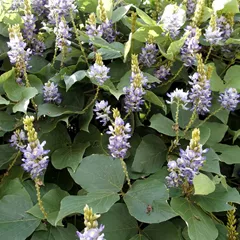
Ge Gen is an assistant ingredient in Cong Bai Qi Wei Yin. This means that it either serves to reinforces the effect of other ingredients or it moderates their toxicity.
5. Kudzu Roots (Ge Gen)
In general Ge Gen's main actions are as follows: "Relieves muscle tension especially in the neck and shoulders. Relieves the Exterior and scatters Wind. Supports the Fluids and eases thirst. Assists in the expression of measles. Relieves diarrhea. Relieves hypertension."
In the context of Cong Bai Qi Wei Yin, it is used because it induces sweating and releases the Exterior.

Sheng Jiang is an assistant ingredient in Cong Bai Qi Wei Yin. This means that it either serves to reinforces the effect of other ingredients or it moderates their toxicity.
6. Fresh Ginger (Sheng Jiang)
In general Sheng Jiang's main actions are as follows: "Relieves the Exterior and disperses Cold. Warms and circulates Qi in the Middle Burner. Calms a restless fetus and treats morning sickness. Treats seafood poisoning."
In the context of Cong Bai Qi Wei Yin, it is used because it release pathogens from the Exterior.
Cong Bai Qi Wei Yin is used to treat Wind-Cold invading with Blood and Yin Deficiency
It's important to remember that herbal formulas are meant to treat patterns, not "diseases" as understood in Western Medicine. According to Chinese Medicine patterns, which are disruptions to the body as a system, are the underlying root cause for diseases and conditions.
As such Cong Bai Qi Wei Yin is mostly used to treat the pattern "Wind-Cold invading with Blood and Yin Deficiency" which we describe below.
But before we delve into Wind-Cold invading with Blood and Yin Deficiency here is an overview of the Western conditions it is commonly associated with:
Common cold Postpartum common cold Perimenstrual common cold
Again it wouldn't be correct to say "Cong Bai Qi Wei Yin treats common cold" for instance. Rather, Cong Bai Qi Wei Yin is used to treat Wind-Cold invading with Blood and Yin Deficiency, which is sometimes the root cause behind common cold.
Now let's look at Wind-Cold invading with Blood and Yin Deficiency, a pattern that TCM practitioners commonly treat with Cong Bai Qi Wei Yin.
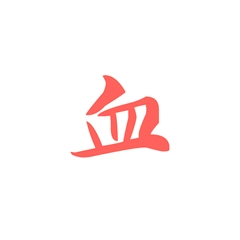
Blood (Xue) is one of Chinese Medicine's vital subtances. Learn more about Blood in Chinese Medicine
Wind-Cold invading with Blood and Yin Deficiency
Symptoms: Fever Headaches No sweating Slight chills
Cong Bai Qi Wei Yin is sometimes prescribed by TCM practitioners to treat Wind-Cold invading with Blood and Yin Deficiency. This pattern leads to symptoms such as headaches, fever, slight chills and no sweating.
Exterior Wind-Cold invasion is characterized by the classic symptoms of a wind-cold invasion, such as headache, fever, and chills. These symptoms arise when the body is exposed to external pathogenic factors like wind and cold, leading to the typical responses seen in such conditions.
Blood or Yin... read more about Wind-Cold invading with Blood and Yin Deficiency
Formulas similar to Cong Bai Qi Wei Yin
Huo Ren Cong Shi Tang is 50% similar to Cong Bai Qi Wei Yin
Zeng Ye Tang is 33% similar to Cong Bai Qi Wei Yin
Liang Di Tang is 33% similar to Cong Bai Qi Wei Yin
Yi Wei Tang is 33% similar to Cong Bai Qi Wei Yin
Cong Chi Tang is 33% similar to Cong Bai Qi Wei Yin
Zeng Ye Cheng Qi Tang is 33% similar to Cong Bai Qi Wei Yin

